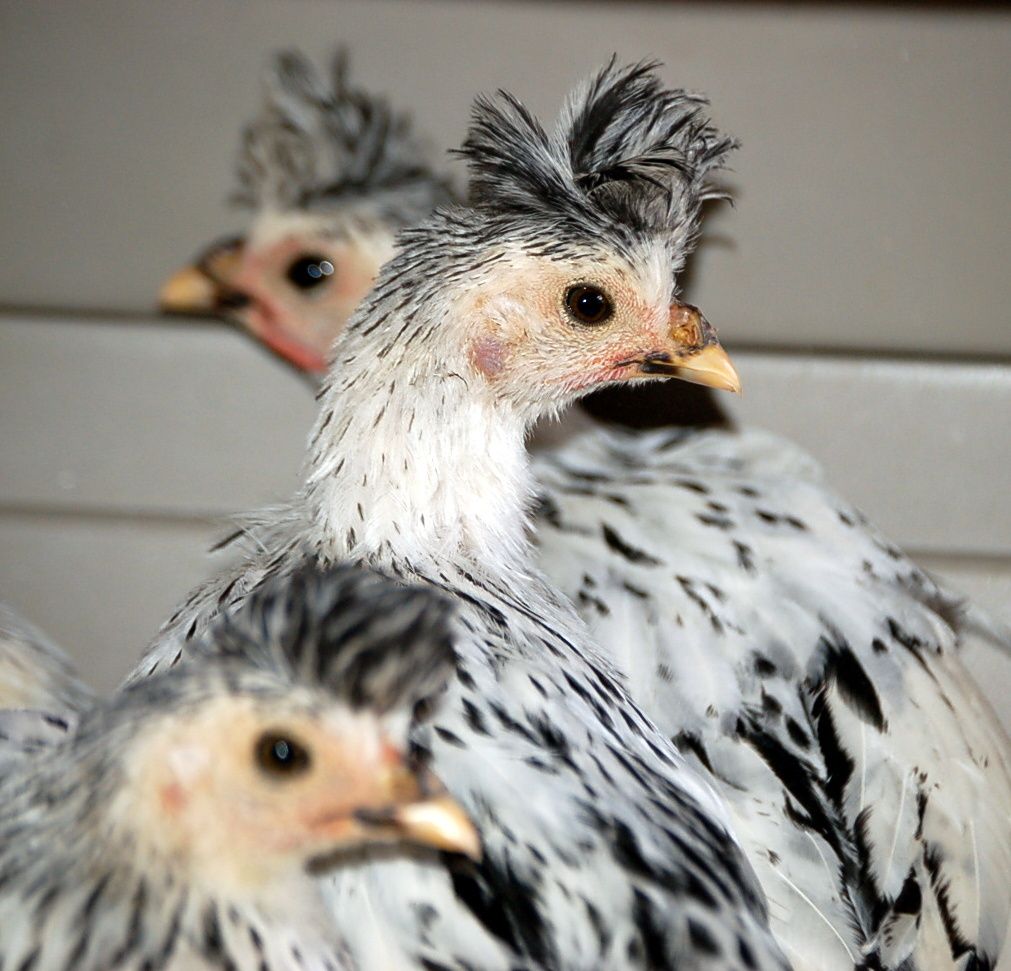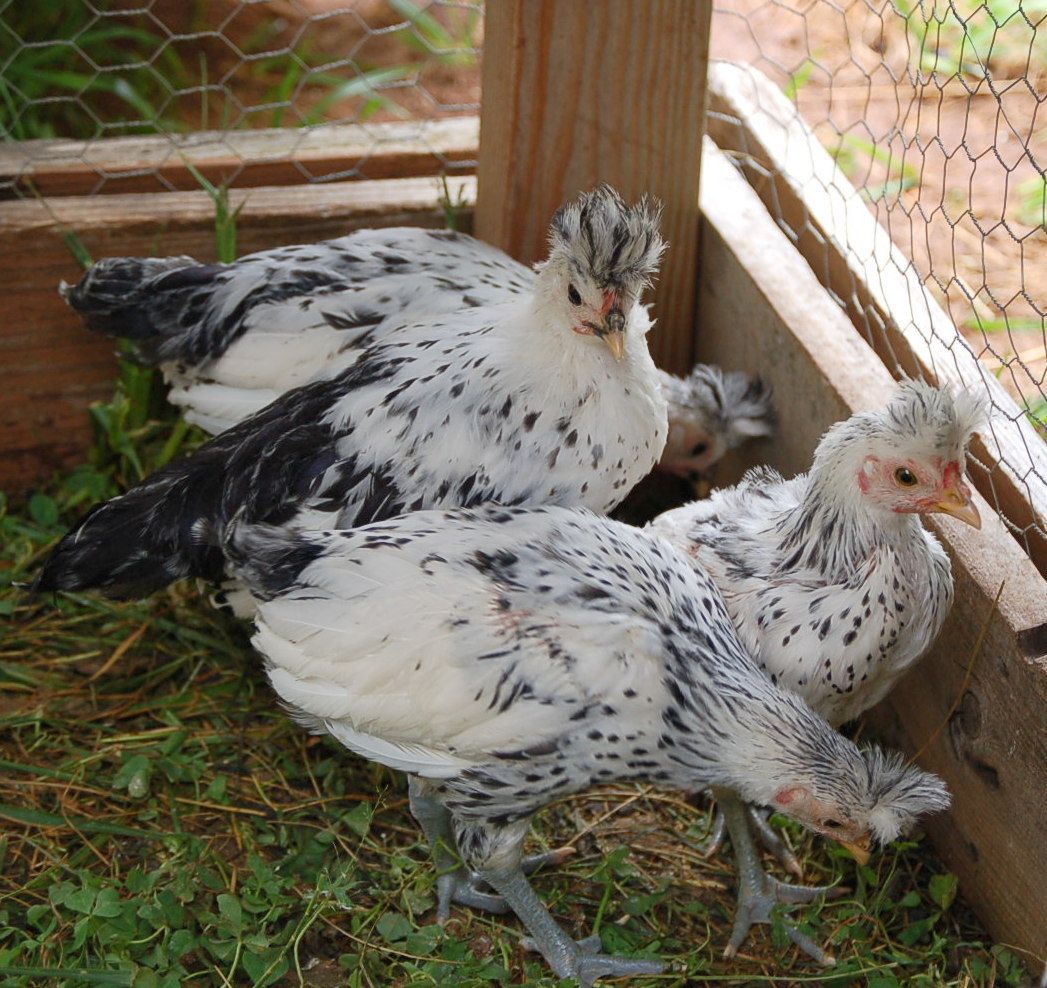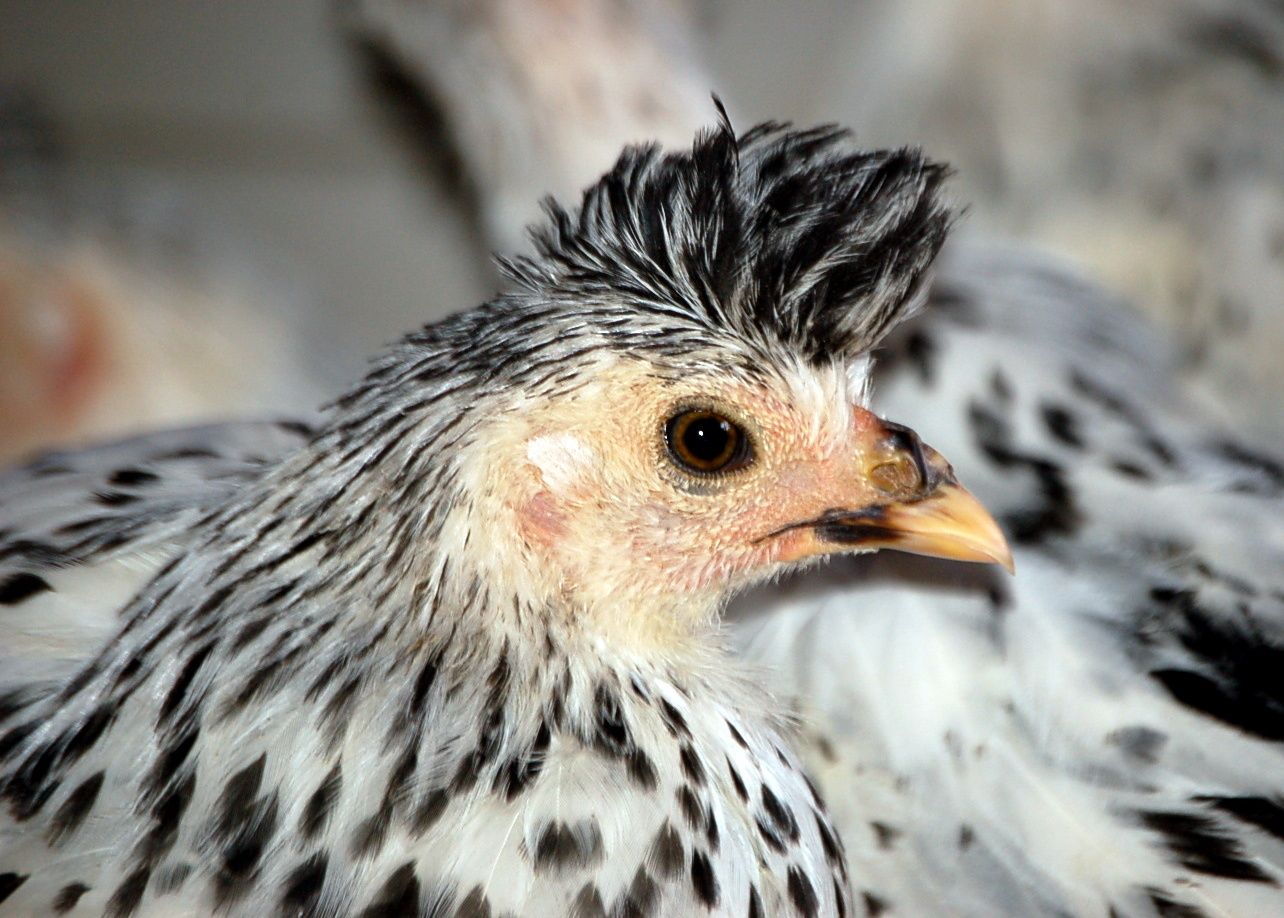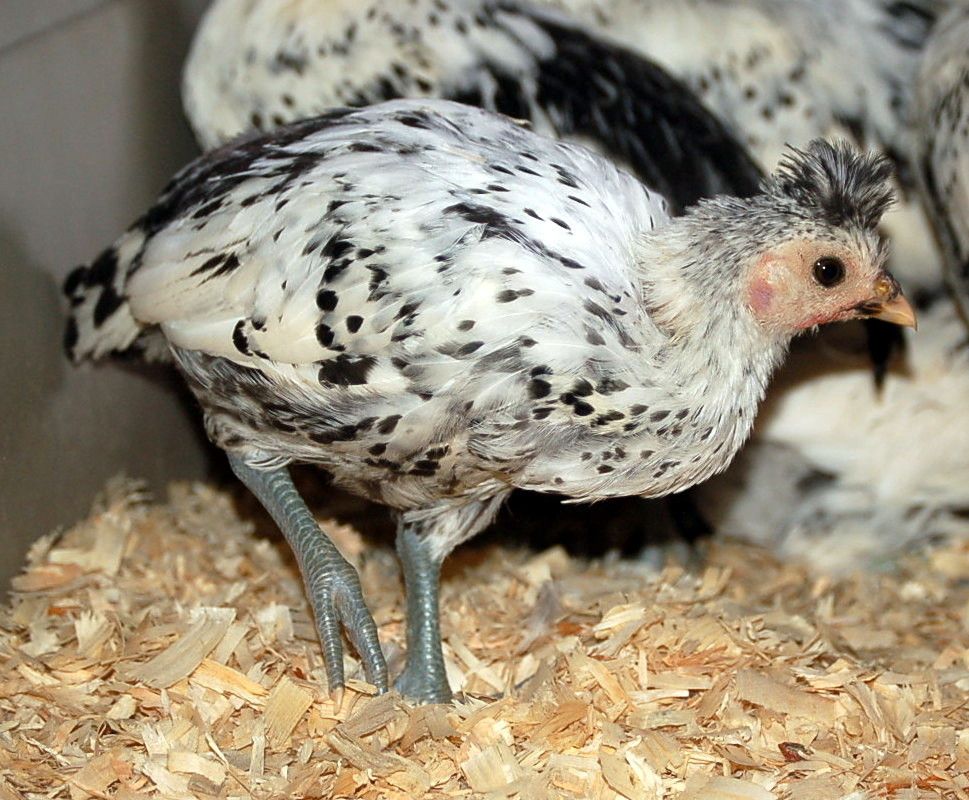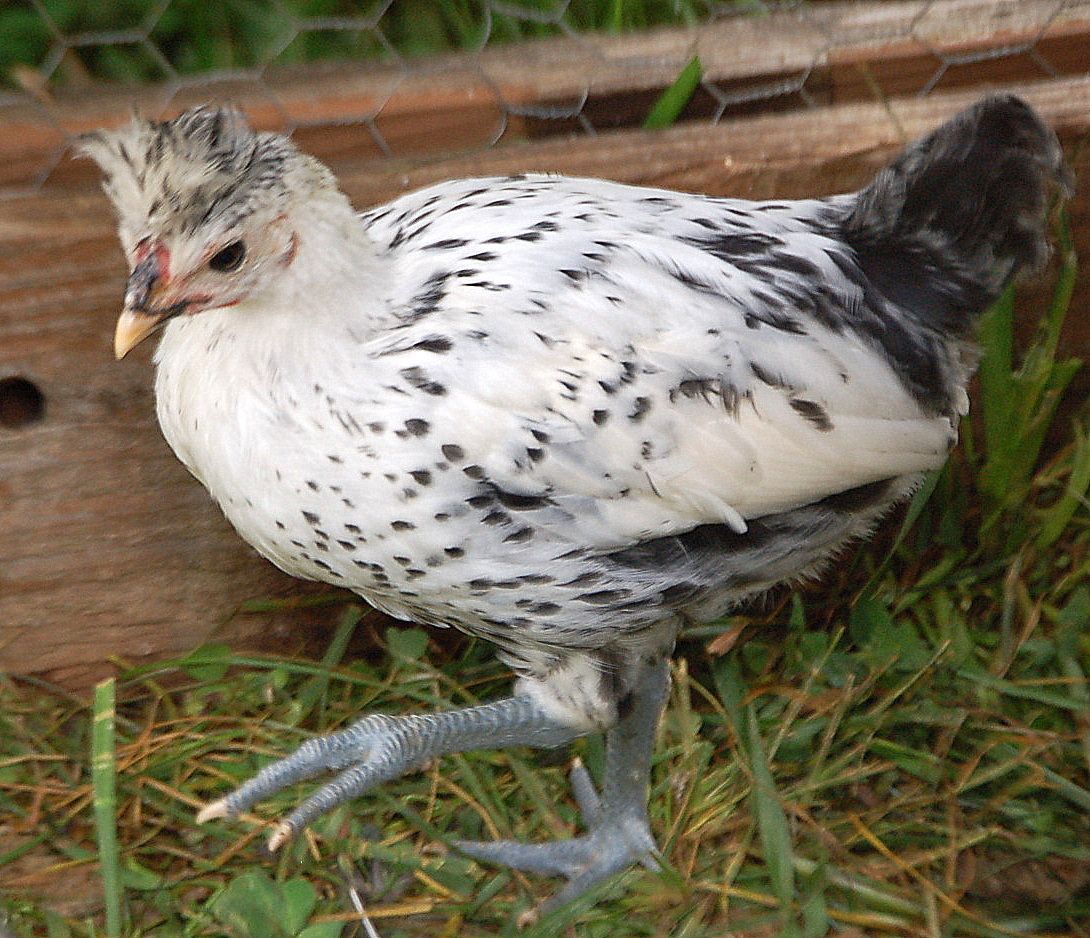Thanks both of you for the Info. But from what I've read (a lot from this thread 2 yrs ago) it *is something that can pass to your other birds, either by chicken poo or direct contact. It's not only spread through hatching eggs together. It's not the Spitz I'm most worried about as the ones I'd be getting are adults. It's my *other birds. So you all would mix untested Spitz (someone said they're ALL carriers anyway) with all your other birds? I do bleach my shoes before entering pens of birds under 6 months. However I don't want to pen the Spitz 200 yards away in isolation and bleach my shoes for their entire lifetime.
Edit:
Here's some more I found. AllanRanch, I think it was your post I read that said all Spitz either have it or are carriers, period. This really has me concerned and it's the deciding factor in getting these birds that I've wanted for so so long. I can't risk my other birds.
Characteristically, lymphoid leukosis is a disease of adult chickens; however, the disease appears to be increasing in importance for turkeys and game birds. Although the virus of lymphoid leukosis can produce various responses (blood, bone, lymph), the lymphoid tumor response is the most common.
The disease is transmitted in a variety of ways. The causative viral agent is passed out of the body of infected birds via eggs and feces. The virus may be transmitted mechanically from infected birds to susceptibles by blood-sucking parasites or by man in such procedures as fowl pox vaccination.
Lymphoid leukosis characteristically produces lymphoid tumors, particularly in the liver and spleen. The tumors may also affect other visceral organs such as ovary and lungs. Affected birds may die without preliminary symptoms, but the disease usually is chronic in nature and affected birds show loss of appetite, progressive emaciation and diarrhea. Clinically affected birds invariably die. Losses due to the disease are most severe shortly after onset of egg production, but losses will continue for as long as the flock is retained. Total loss may approach twenty percent during the life of a flock.
Edit:
Here's some more I found. AllanRanch, I think it was your post I read that said all Spitz either have it or are carriers, period. This really has me concerned and it's the deciding factor in getting these birds that I've wanted for so so long. I can't risk my other birds.
Characteristically, lymphoid leukosis is a disease of adult chickens; however, the disease appears to be increasing in importance for turkeys and game birds. Although the virus of lymphoid leukosis can produce various responses (blood, bone, lymph), the lymphoid tumor response is the most common.
The disease is transmitted in a variety of ways. The causative viral agent is passed out of the body of infected birds via eggs and feces. The virus may be transmitted mechanically from infected birds to susceptibles by blood-sucking parasites or by man in such procedures as fowl pox vaccination.
Lymphoid leukosis characteristically produces lymphoid tumors, particularly in the liver and spleen. The tumors may also affect other visceral organs such as ovary and lungs. Affected birds may die without preliminary symptoms, but the disease usually is chronic in nature and affected birds show loss of appetite, progressive emaciation and diarrhea. Clinically affected birds invariably die. Losses due to the disease are most severe shortly after onset of egg production, but losses will continue for as long as the flock is retained. Total loss may approach twenty percent during the life of a flock.
Last edited:




